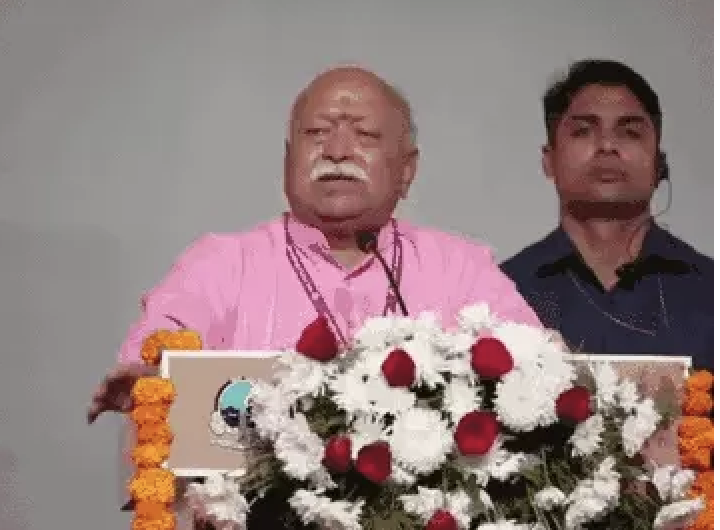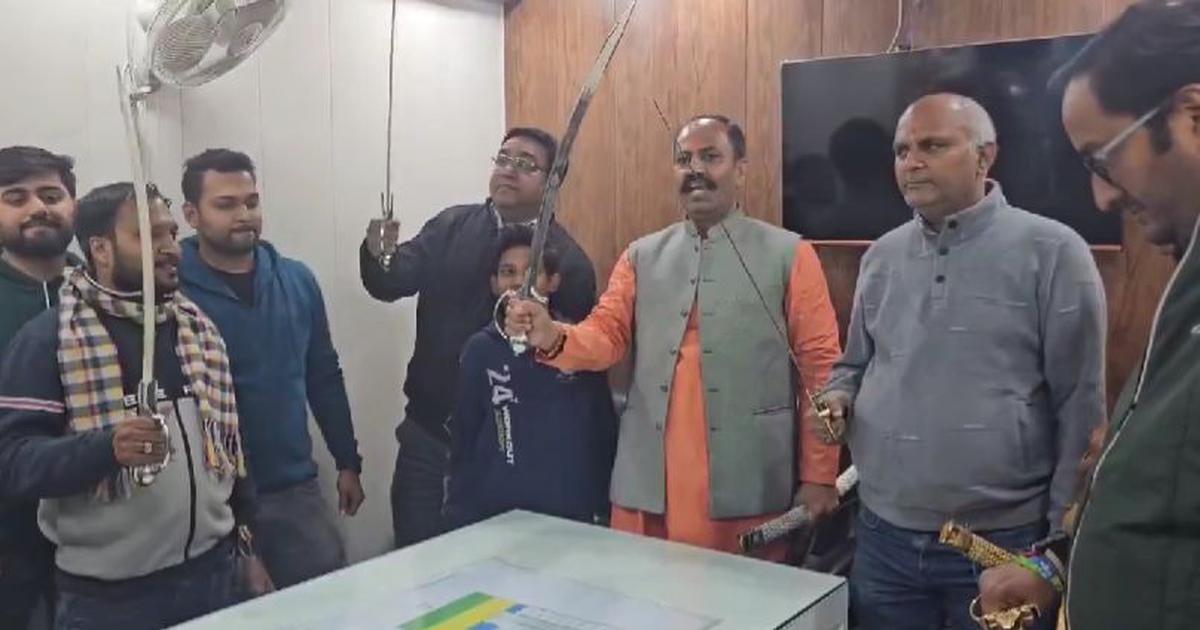Last week, a Varanasi District Court allowed Hindu prayers to be conducted in the basement of the Gyanvapi Mosque complex. A court-ordered Archaeological Survey of India report that was recently made available found that a ‘large Hindu temple’ existed where the mosque currently stands, prior to its construction in the seventeenth century under Aurangzeb’s reign.
The Gyanvapi dispute, much like the Babri Masjid one, dates back several decades, with the first suit in the case filed in 1991.
This comes at the heels of the inauguration of a temple at the disputed site of the Babri Masjid in Ayodhya; with the Gyanvapi dispute drawing undeniable parallels to the Babri Masjid dispute. The Gyanvapi dispute, much like the Babri Masjid one, dates back several decades, with the first suit in the case filed in 1991. Gyanvapi is one of three places of worship (the other two being the Babri Masjid in Ayodhya and the Shahi Idgah in Mathura, all three of which are in Uttar Pradesh) that Hindutva groups stake claim to on the basis that Hindu structures once existed beneath them, which were destroyed during Mughal reign.
The Gyanvapi dispute and The Places of Worship Act, 1991
The Places of Worship (Special Provisions) Act of 1991 guarantees the preservation of the religious character of places of worship as they existed upon India gaining independence on August 15, 1947. The Act was passed in the wake of the Advani-led Rath Yatra in 1990 for the construction of a temple in Ayodhya. While this 1991 provision should seemingly settle the matter and answer any questions concerning the Gyanvapi dispute, the issue doesn’t seem to be as straightforward.
The Allahabad High Court, rejecting a plea filed by the Anjuman Intezamia Masjid Committee and Uttar Pradesh Sunni Central Waqf Board arguing that the five suits filed by Hindu worshippers be dismissed on the basis of the 1991 Act, claimed that while the provision protects places of worship from their religious character being altered as it was in August 1947, the question in the Gyanvapi dispute remains as to what the religious character of the place is. According to The Wire, Justice Agarwal of the Allahabad High Court said in his judgement, ‘It is the Court who has to find out from the facts and circumstances of each case as to the religious character of place of worship.’
This story was originally published in feminisminindia.com. Read the full story here.






